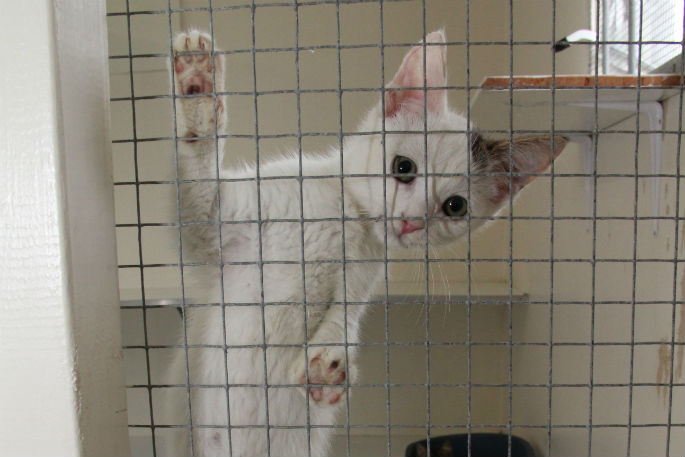Wellington is doing it – Tauranga should be doing it too. Dr Liza Schneider of Holistic Vets is talking about compulsory microchipping of cats.
'It's not a magic bullet but it's the first big step in helping us define what is an owned and what is an un-owned cat.”
The Fraser Rd vet was responding to news that Wellington had become New Zealand's first city to make microchipping cats mandatory…even though it's facing the possibility of a legal challenge.
Liza says if a cat is not responsibly owned or un-owned and it's fending for itself out in the wild then it should be humanely euthanased.
She's hard-line but she doesn't dislike cats.
'That's part of the problem,” says Liza. 'There are some people who would like to see all cats killed and gone. But the reality is society sees value in them – they can provide emotional support, joy and fulfilment.”
And she says we have to draw a distinction. 'Cats should be owned and responsibly cared for and therefore not a threat to our wildlife.
'But if they are not responsibly owned and living wild they should be humanely euthanized.”
Microchipping, says Liza, is the first big step in helping us define what is an owned and what is an un-owned cat.
And not every cat outside is a menace. 'Many well-kept cats that have enough play and enough food to eat don't impact on the wildlife at all. They have no need to.”
Liza says the threat to wildlife comes from cats that have to fend for themselves because the owner won't step up and take responsibility. 'Unfortunately it's the same people who don't bother to have their cats de-sexed and when they move on they leave, they desert or dump the cat.”
But if the cat was microchipped the owner could identified, ownership established and that person held accountable.
Microchipping cats would certainly help organisations like the SPCA, the Community Cat Project or a vet. 'If someone brings a healthy cat in and they want rid of it – they want us to kill it – we can't.” That's because there's a process.
'We have to keep it for seven days and make sure it's not owned and it becomes very difficult. But if you could scan it for a microchip, quickly establish ownership and track it back to its owner.”
And if the cat is a recidivist offender – it has repeatedly been trapped on conservation land – and it's microchipped then its owners could be held accountable. 'It's not the cat, it's the owner. And accountability goes hand-in-hand with responsible pet ownership.”
And the Fraser Rd vet is suggesting Tauranga needs to step up and reward people who are doing the right thing and step on those who aren't.
'Basically, if there was a system in place, then in order to own a cat you would have to have it microchipped. If you didn't you potentially be penalised, prosecuted.”
Liza also advocates incentivising de-sexing animals. 'But councils need to step up and make sure there is education and legislation in place to enforce all of this.
'Educate the people who will listen and for those who won't listen we need legislation.”
Another big problem area with cats is the animal hoarder – people who keep many cats.
'If we put a limit on the number of cats we own – and own responsibly – then that would make a huge difference to the decimation of our wildlife. Three or four cats maximum perhaps.”
'Unless humans step up to ensure pets are looked after responsibly, and unless we respect the value animals have in society, then we won't come to a sustainable solution.”
In the Wellington situation a Martinborough cat owner is consulting lawyers with a view to challenging the mandatory aspect of microchipping cats.
He accused the council of standover tactics to push the legislation through.

